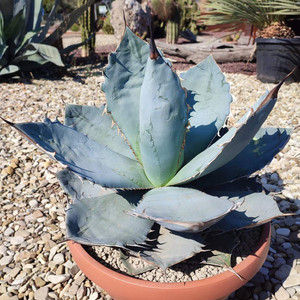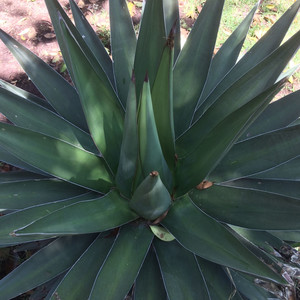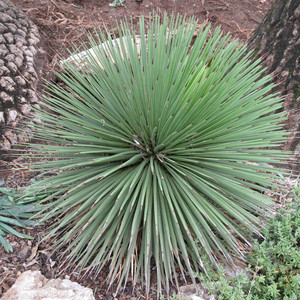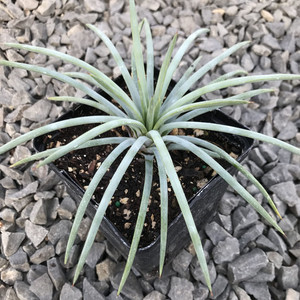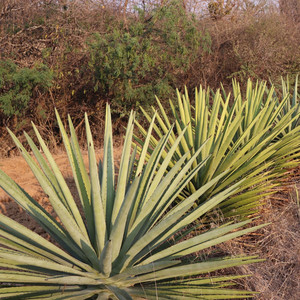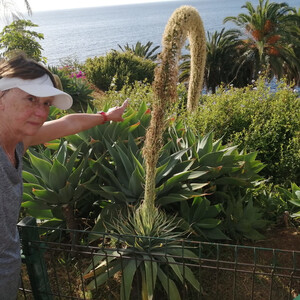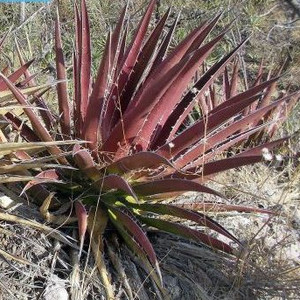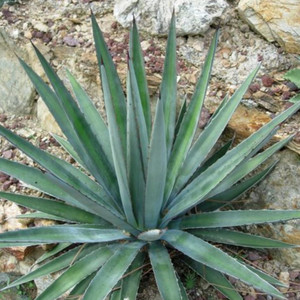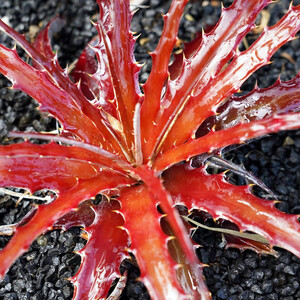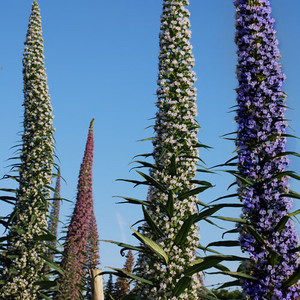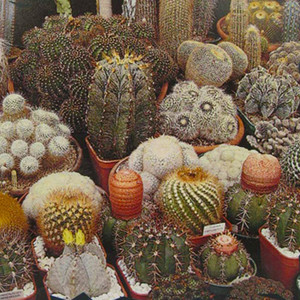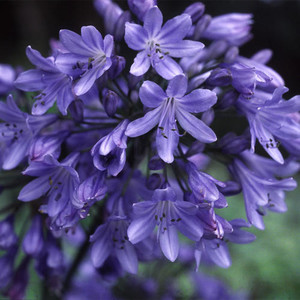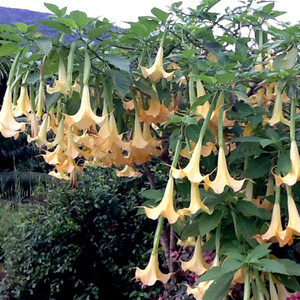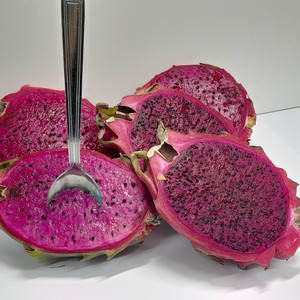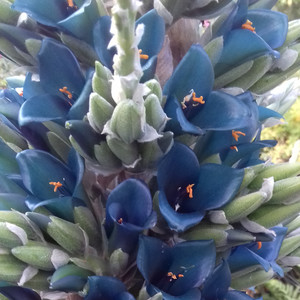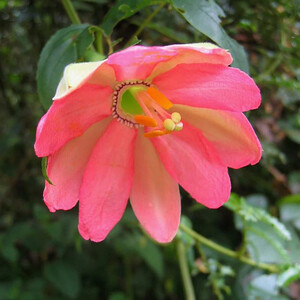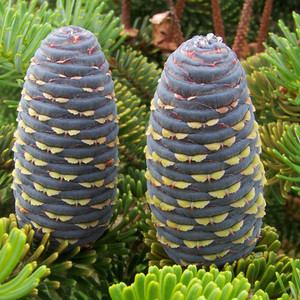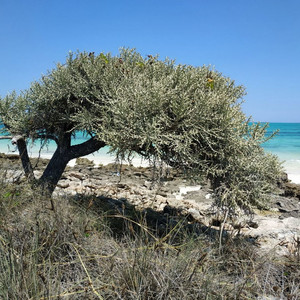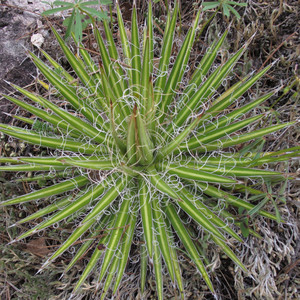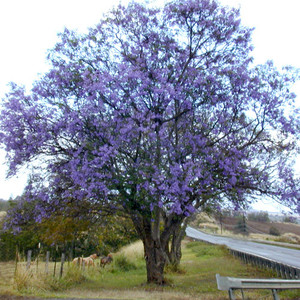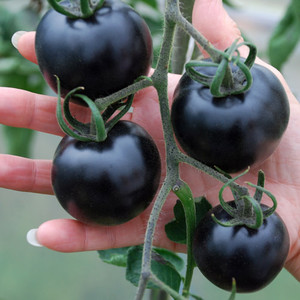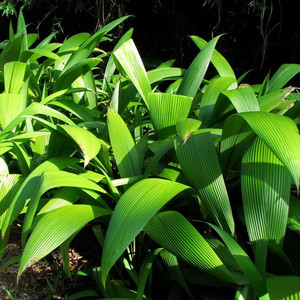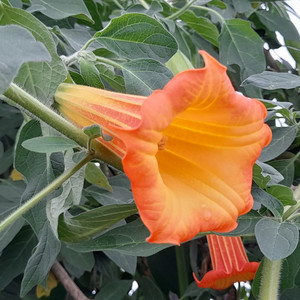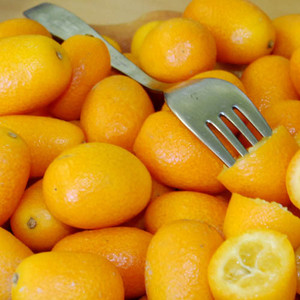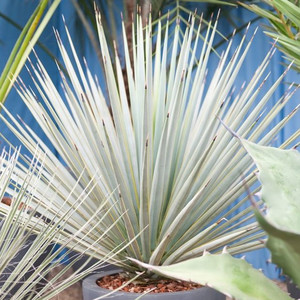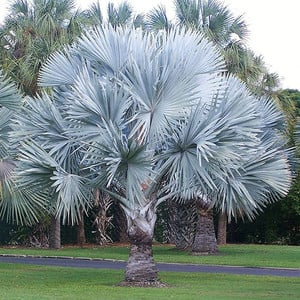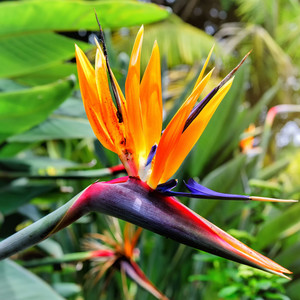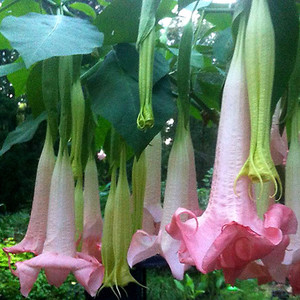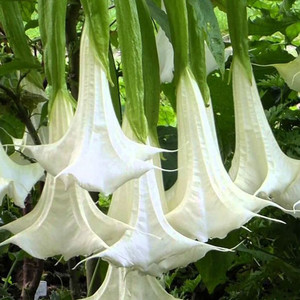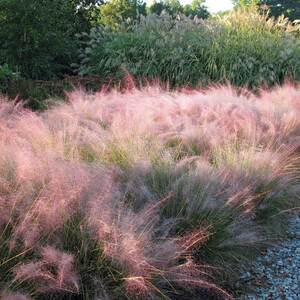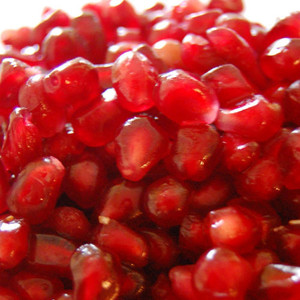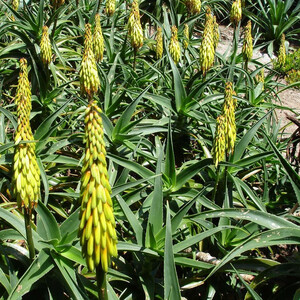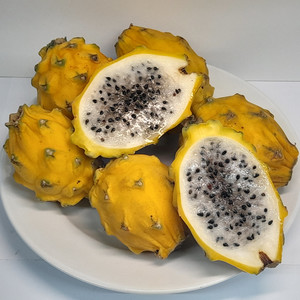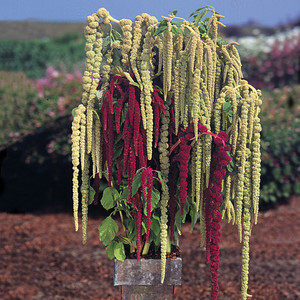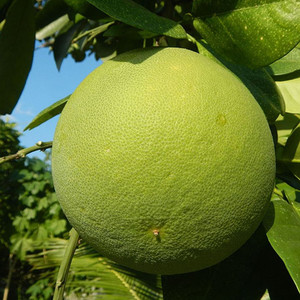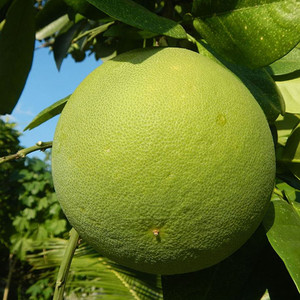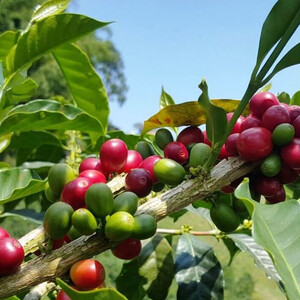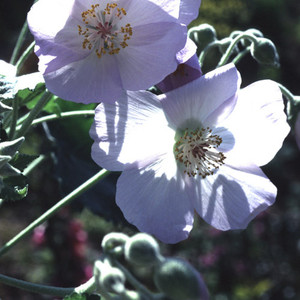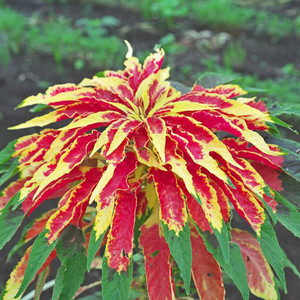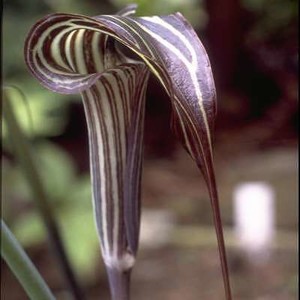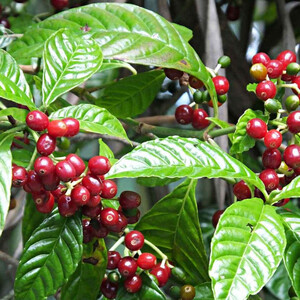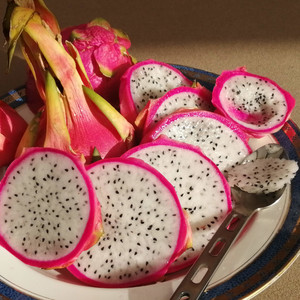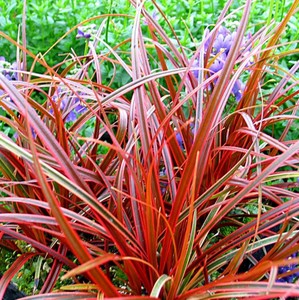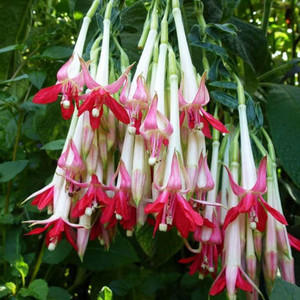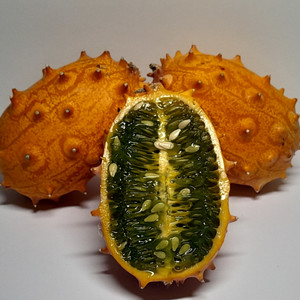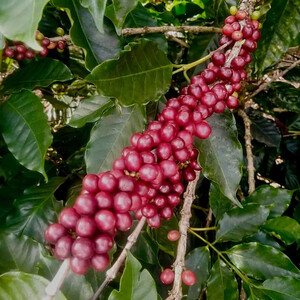-
Nothing here. Please add something or load your cart
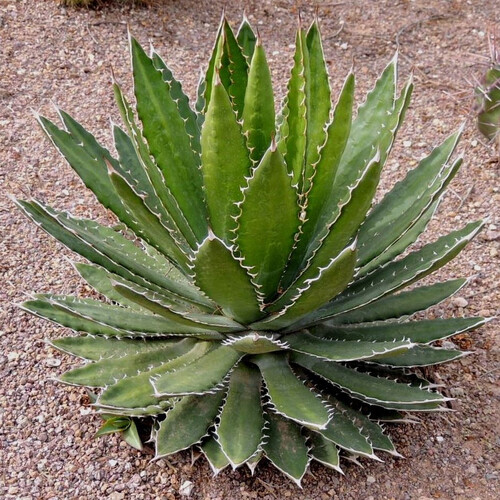
Agave Univittata
In stock
Description
Agave univittata, commonly known as the Century Plant, is a striking succulent that belongs to the Agavaceae family. Renowned for its robust, symmetrical rosette of spiky leaves, this agave species is a distinctive and resilient presence in arid landscapes. The Century Plant is characterized by its dense rosette of fleshy, lance-shaped leaves. Each leaf is armed with formidable spines along the margins, providing a natural defense against potential threats. The plant's architectural symmetry and the striking blue-green hue of the leaves contribute to its ornamental appeal. Agave univittata is known for its impressive flowering event. While the name "Century Plant" might suggest a once-in-a-century bloom, this agave typically flowers after 8 to 30 years, producing a spectacular inflorescence that can rise high above the foliage. The flower spike bears numerous tubular, yellow-green flowers, attracting pollinators like bees. The rosette may span several feet in diameter, and the flower spike can extend even higher. Agave univittata is a slow-growing succulent, emphasizing its resilience in harsh, arid environments. Native to Mexico, Agave univittata thrives in arid and semi-arid regions. Its adaptability to well-drained soils and its tolerance for drought make it a suitable choice for xeriscaping and water-wise landscaping. This agave is well-suited to full sun exposure. Beyond its ornamental value, the Century Plant holds cultural significance in various regions. Traditionally, agaves have been used by indigenous communities for diverse purposes, from food and fiber to tools and beverages like pulque and mezcal.
Sowing Advice
These seeds have already been thoroughly cleaned and should be sown into a well-drained, sandy compost at any time of the year, and covered thinly with sand or grit and kept moist. They need a cold period (fridge) in damp compost, not dry, for 2 to 3 weeks before raising the temperature to 20-25 degrees C. Seeds sometimes germinate within 4 to 6 weeks. Please be patient.
Key Facts
Family:Agavaceae
Common name:Century Plant
Classification:Half hardy perennial
Packet Content:5 (Approx)

